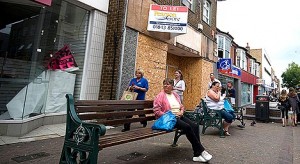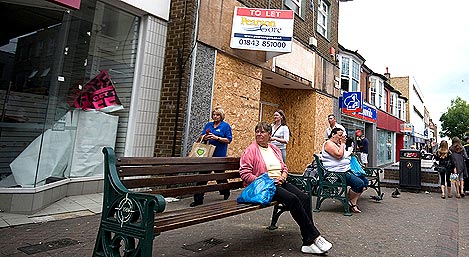 For years, economists and retail experts have been bemoaning the death of Britain’s high streets. While the retail shops – many local businesses with long histories – are undoubtedly on the way down, the ‘death’ has always been metaphorical, with both experts and shoppers alike expressing their concern at the loss of high street.
For years, economists and retail experts have been bemoaning the death of Britain’s high streets. While the retail shops – many local businesses with long histories – are undoubtedly on the way down, the ‘death’ has always been metaphorical, with both experts and shoppers alike expressing their concern at the loss of high street.
Planning minister Nick Boles appears to be in agreement. The minister said that the many closed shops on the country’s high streets are taking up valuable space that’s better used by residential developments. The minister claims that councils should be able to convert retail shops into housing if they believe it is appropriate.
The comments have been seen by many as an admission that high street shopping in Britain is on its last legs. Despite this, the minister’s spokesman claims that officials weren’t ‘abandoning’ high streets. Mr Boles clarified that his statement was actually in support of high streets, claiming that residential areas would increase foot traffic.
Several factors have accelerated the decline of the traditional British high street. The first is the Internet, which has moved low-cost shopping into the living room instead of the nearby shopping street. Online mega-merchants such as Amazon.com provide goods at lower prices than local merchants, often with accelerated shipping.
Another factor is the increasing cost of doing business that’s making local business far less competitive. Retailers have called on the government to reduce rates for the last decade with little in the way of results. Many claim that high rates are one of the primary causes of small business failure.
Approximately 14 percent of UK high street shops are vacant, with major retailers such as HMV in administration. Retail experts believe that the trend of major high street brands closing down or ‘downsizing’ their operations will continue as online shopping becomes even more popular amongst consumers.





